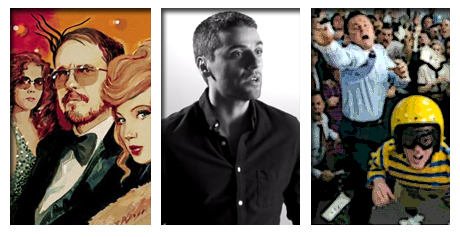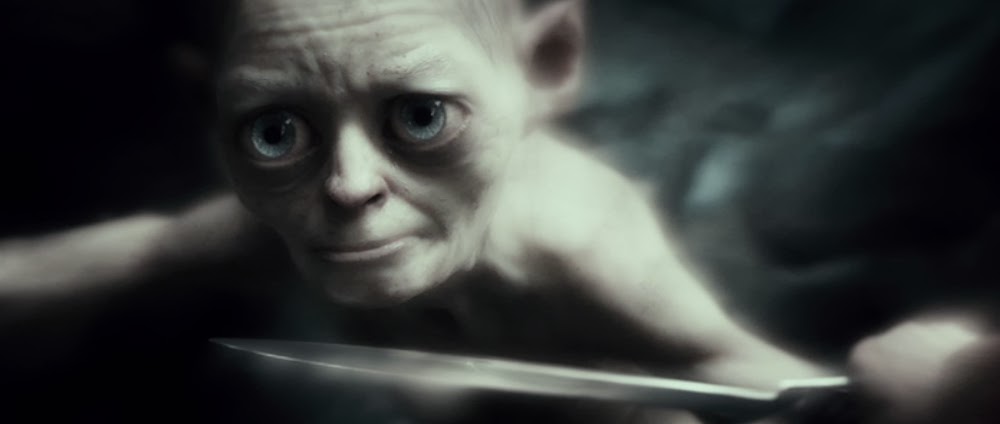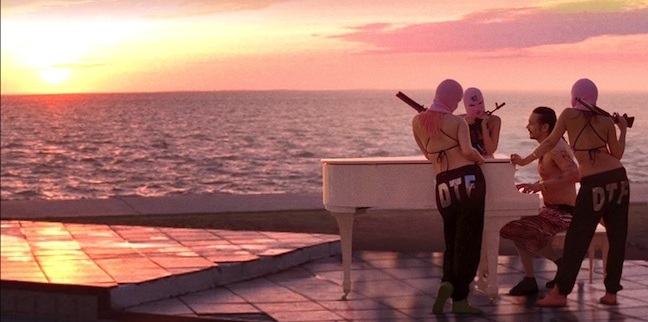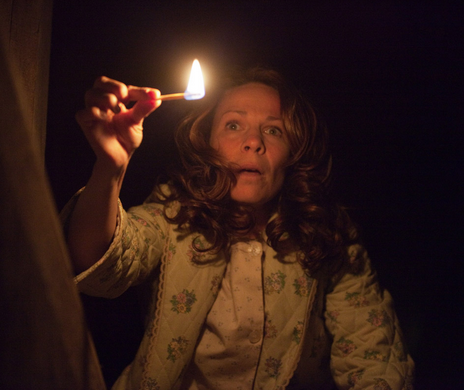First Round Oscar Predix Continue: Sound & Visual FX
 Wednesday, May 7, 2014 at 11:24PM
Wednesday, May 7, 2014 at 11:24PM The Oscar chart construction must continue. Maleficent was asking and you don't want to keep her waiting.
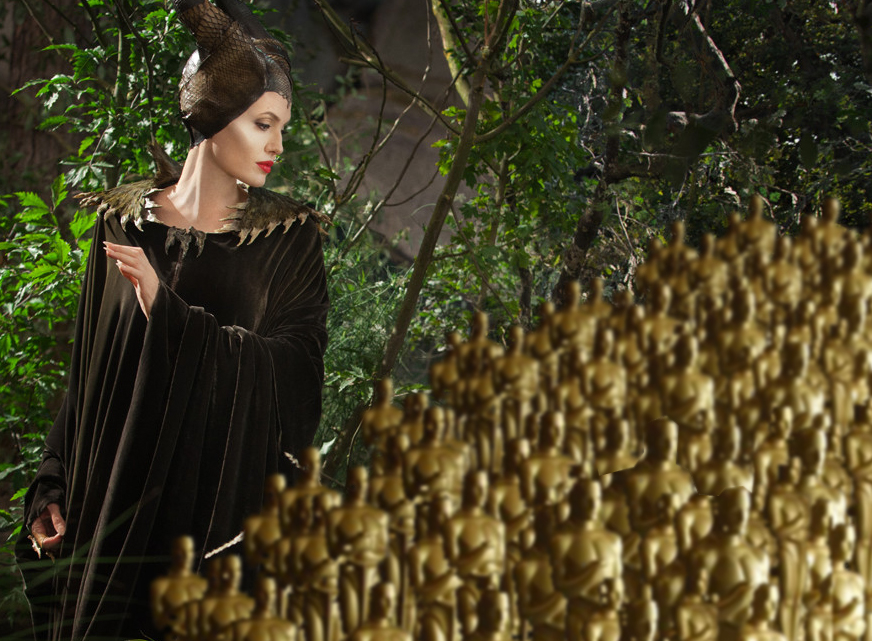
Visuals Chart - In Progress. More Categories To Come
You'll find early predictions for Visual F/X and the always confounding Makeup & Hair category. For Visual F/X I'd love to push Captain America: The Winter Soldier and Dawn of the Planet of the Apes higher up the charts but I'm still trying to wrap my head around Oscar's complete disinterest in a) superhero movies that don't feature a man in a batsuit -- and that wouldn't confound me at all if they didn't have such deep abiding love for the Transformers franchise of all things which is surely less reputable than Marvel movies -- and b) Rise of the Planet of the Apes (2011) which won hugely favorable reviews and surprised virtually everyone in its year and seemed like a likely finalist in several Oscar categories but only ended up a VFX nominee. Will Oscar turn its nose up at those damn dirty apes and their stinking paws on round two (which is really round eight)?
Sound Chart - In Progress. More Categories To Come.
I'm very willing, nay, desperate to hear your thoughts on which films might have Original Songs. I'm super curious about Sound Mixing this year as well in that it's a category that loves blockbusters, musicals, potential Best Picture nominees, and films involving lots of water and there are quite a few films that fit at least one of those categories this year. Regarding music movies or traditional musicals: by my count it's quite a robust year iin that there are at least five on the way from obvious contenders like Into the Woods and Get On Up to less prestigious or smaller players like Annie, Begin Again, and The Last Five Years.
As for Best Song, also added to the chart, Bret McKenzie won an Oscar for his last go round with The Muppets (we interviewed him). I think he's less likely to get nominated this year now that the novelty has worn off but if he is the Celine Dion/Miss Piggy ballad "Something So Right" seems most likely but my favorite song in the movie is the delightful nonsense of "I'll Get You Want You Want (Cockatoo in Malibu)"
If the new song doesn't sound out of place within its classic song score, it seems unlikely sight unseen sound unheard that any song other than the new Stephen Sondheim / Meryl Streep Into the Woods collaboration (previously squealed over) need show up on the big night.
Previously
Supporting Actress | Animated Film | Lead Actor | Movies To Watch For




